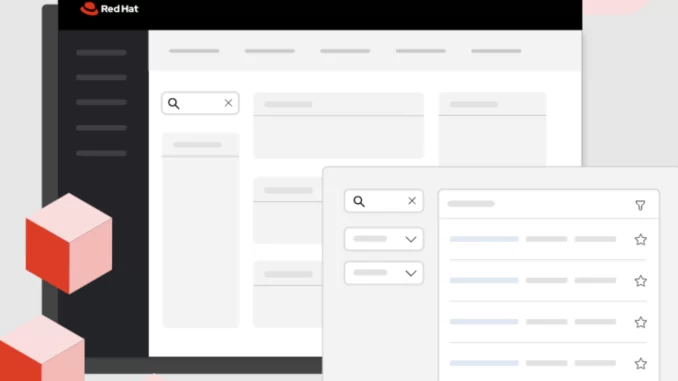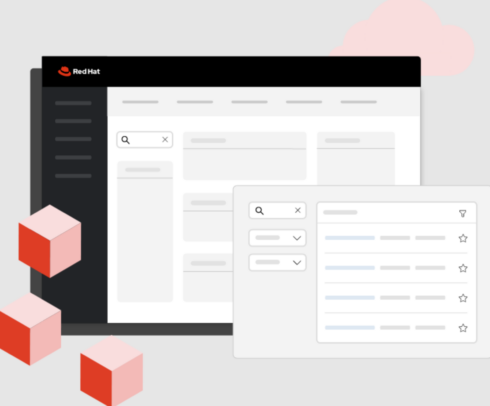


Red Hat today announced that its developer platform, Developer Hub, is now generally available. Based on the CNCF project Backstage, the platform improves developer productivity and efficiency by consolidating different aspects of the development process into a single platform.
The Developer Hub was created to equip DevOps teams with the tools needed to overcome bottlenecks and other issues, like complexity, lack of standardization, and cognitive load, according to the company.
Developer Hub features a self-service portal that provides developers with all the information they could need in one location. This includes access to different consoles, a software catalog, and up-to-date documentation. This benefits not only existing employees, but makes the onboarding process easier for new employees by making things easier to find.
It also provides several software templates, which makes it easier for developers to set up the boilerplate code needed to start building their own software on top of.
The platform features dynamic plug-in management capabilities, using the same plug-in architecture as Backstage. Developers can install, update, and remove plug-ins without having to bring the system down. Users can download verified plug-ins from Red Hat or bring in community plug-ins that suit their needs.
One of Red Hat’s official plug-ins provides role-based access control (RBAC) capabilities, which gives admins more control over who has access to what.
“Internal developer platforms provide that sweet spot where domain knowledge and best practices intersect with standardized tooling and processes, delivering a developer experience that results in higher productivity, faster time-to-market, and a more effective path to innovation,” said Balaji Sivasubramanian, senior director of Developer Tools Product Management at Red Hat. “Red Hat Developer Hub enables organizations to fast-track the adoption of IDPs and scale them across the enterprise in a flexible, more secure and fully supported manner.”

